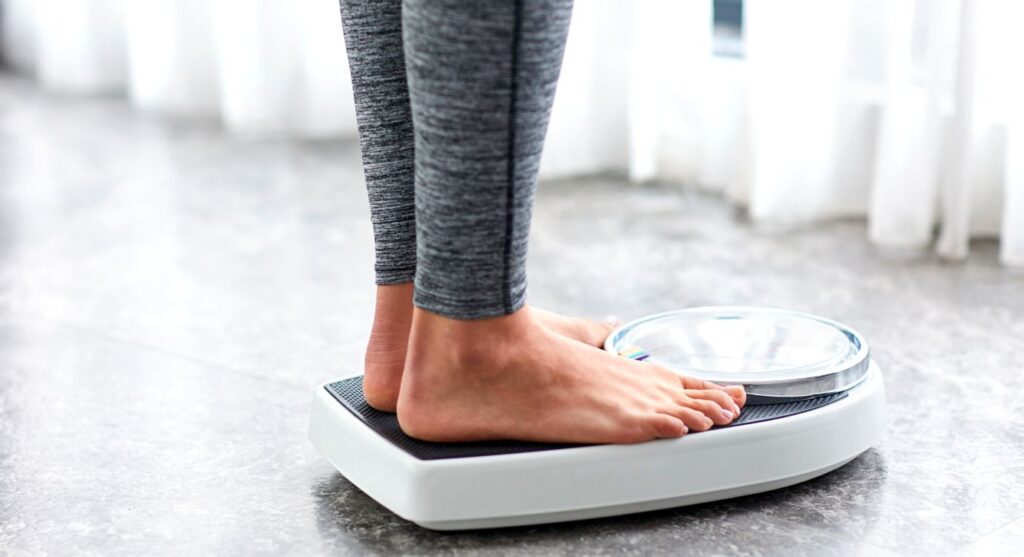Magnesium is an essential mineral. It’s present in large amounts within the human body, with about 60% of our magnesium stored in our bones.
Over 300 enzymatic reactions depend on magnesium – meaning having enough magnesium in our bodies is critical for maintaining healthy bodily functions.
But when should you take magnesium? What is the best time to take magnesium? Does it really matter when you take magnesium?
Here’s everything you need to know about the best time to take this essential mineral, including
- Should you take magnesium in the morning or evening?
- Should you take magnesium with food?
- Can you take magnesium daily?
In this guide:
Does the time you take magnesium really matter?
Let’s get straight to the point. Does the time you take magnesium actually matter? Is it best to take magnesium in the morning or at night?
As with many questions about supplements and general health and well-being, the answer tends to depend on individual circumstances and preferences.
The time you take magnesium also depends on why you are taking it (for sleep, to correct a deficiency, or for sports recovery, for example).


Is it better to take magnesium in the morning or at night?
The time of day you take magnesium won’t factor into the supplement’s effectiveness. So it’s up to you whether you take magnesium in the morning or at night.
What is essential, however, is consistency.
Taking your magnesium supplement each day is optimal for maintaining healthy levels of the mineral. It will be easier to remember to take magnesium if you take supplements at the same time every day.
For example, some people like to take supplements after brushing their teeth or at lunch. Making the association between something you do every day (such as brushing your teeth) and taking supplements is one of the best ways to ensure you won’t forget to take them.
Some research suggests that taking supplements in the morning leads to greater consistency. One study looked at whether people were more likely to be consistent dependent on the time of day and found that medication adherence may be greater in the morning than in the evening.


When is the best time to take magnesium?
While we’ve established there’s no set time it’s ‘best’ to take magnesium, that reality may differ depending on the reason you’re taking supplements.
Let’s look at two key reasons for magnesium supplementation: anxiety and sleep.
When is the best time to take magnesium for anxiety?
It’s thought magnesium may help anxiety due to the mineral’s ability to improve neurological functioning.
Studies assessing this generally supported the thesis: a 2017 research review looked at 18 different studies and found magnesium reduced anxiety – including postpartum, premenstrual, and generalised anxiety.
Read more: Magnesium for menopause
Regarding the best time to take magnesium for anxiety, the answer remains the same as previously stated. So long as you take it consistently, it matters little what time you take it when consuming it for anxiety.
When is the best time to take magnesium for sleep?
Increasing numbers of people are looking to magnesium to help improve sleep.
Insomnia is thought to regularly affect 1 in 3 people in the UK, while 1 in 7 Brits is said to survive on dangerously low levels of sleep. One thing is clear – magnesium deficiency can certainly play a negative role in sleep quality.
Magnesium supplementation has been shown to help improve sleep. One study researching sleep in older adults found that magnesium supplementation improved subjective measures of insomnia – including sleep efficiency and sleep time, as well as the concentration of serum renin, melatonin, and serum cortisol.
Unlike when taking magnesium for anxiety, when supplementing with magnesium for sleep, it’s best if you take your magnesium before bed (around half an hour before you plan to sleep).
It’s also fine to take magnesium with an evening meal, an hour or two before you sleep.
This will likely offer the best results regarding sleep quality. Don’t worry, though – there’s no evidence that taking magnesium earlier in the day (if you’re not taking the supplement for sleep) will make you any sleepier!
Read more: Magnesium for sleep
Can you take magnesium daily?
Yes! You should take magnesium daily to notice the beneficial impact of magnesium (and most health supplements). This will allow enough magnesium to build up in your system over time and work to correct any deficiency.
However, this doesn’t mean you should take a huge amount of magnesium daily! NHS guidelines suggest that taking up to 400mg of magnesium supplements daily is unlikely to cause any harm.
Taking more than this may result in unwanted side effects such as an upset stomach and will be of little benefit to boosting your overall magnesium levels.
Read more: How long does it take magnesium to work?
Should I take magnesium with food?
While magnesium is generally a mild supplement and doesn’t have to be taken with food to be absorbed, many people opt to take their supplements alongside food.
A small proportion of those who take magnesium may find it impacts their digestive system, and notice that taking magnesium alongside food can help prevent any side effects, such as diarrhoea, nausea, or general stomach upset.
Read more: Magnesium for bloating


When should you not take magnesium?
Be careful if taking magnesium alongside other medications: always speak with a health professional before integrating magnesium into your supplement or wellness routine.
Some hormone therapies, antibiotics, and blood pressure medications may impact your ability to absorb the mineral.
Often, you might have the option to take both your medication and the supplement, but you should stick to specific guidelines about how to do so.
For example, one option may be taking medications a few hours before or after your supplements. As always, your doctor will be able to guide you best.
Final thoughts on the best time to take magnesium
If you’re looking to add supplements to your diet and wellness routines, It’s important to find a way to integrate supplements effectively into your routine and lifestyle.
Supplementation will only be effective if you take regular (daily) doses.
Whether or not you take other medications, it’s always a good idea to speak with a medical professional before trying magnesium. They will advise which type of magnesium is right for you and when you might be best suited to taking magnesium (morning versus evening, with food or not).
So long as you are consistent and feel your routine works for you – it matters less exactly what time you take your magnesium.
















































































































































